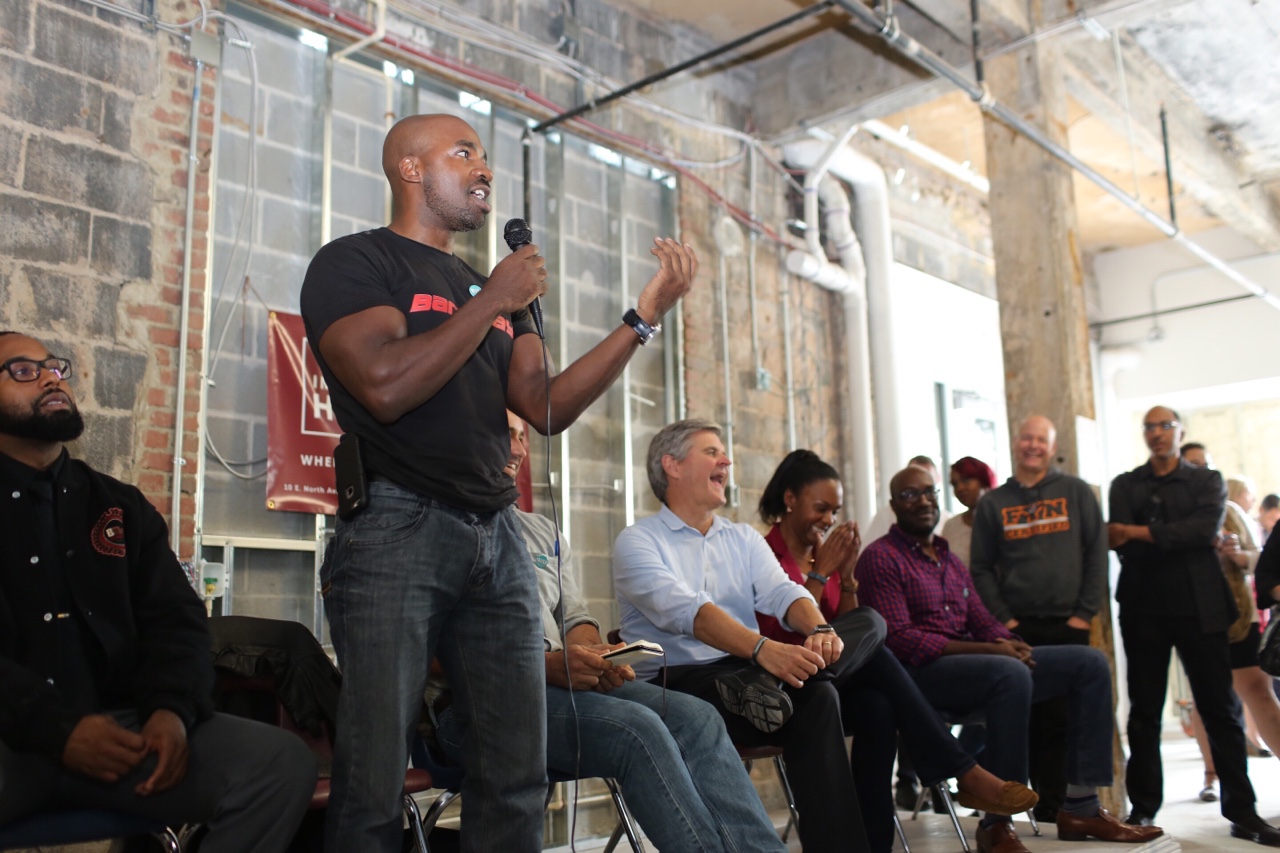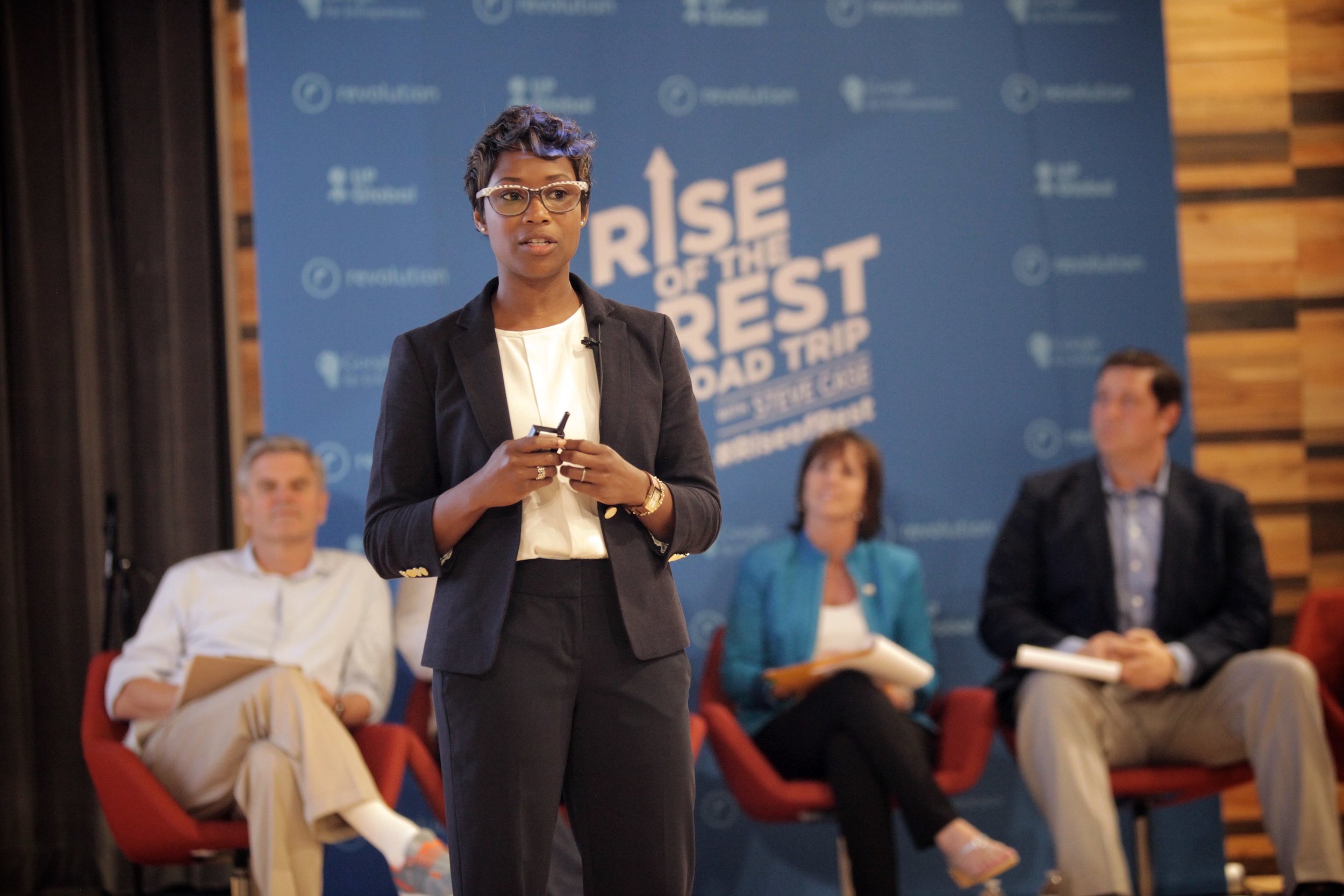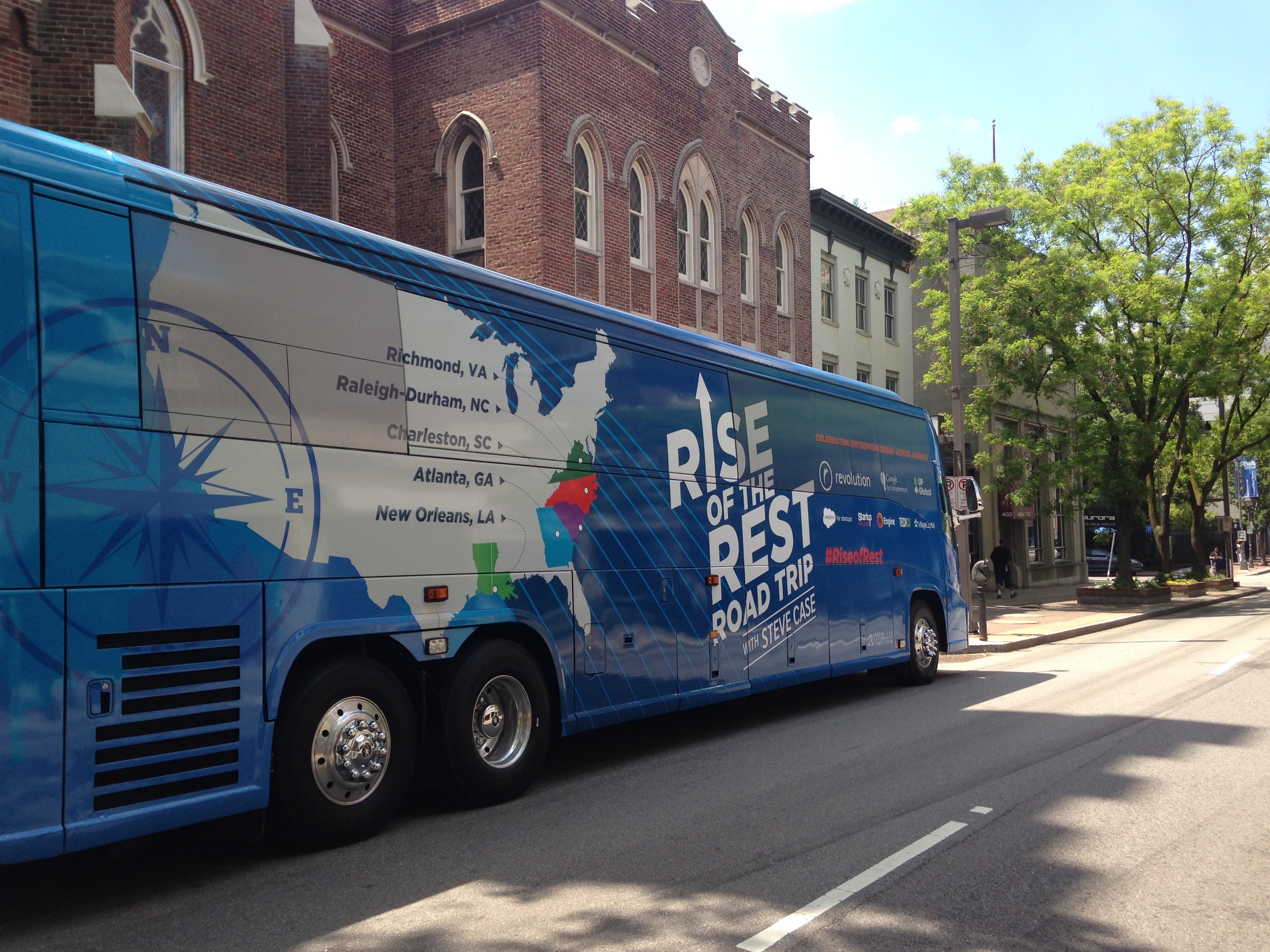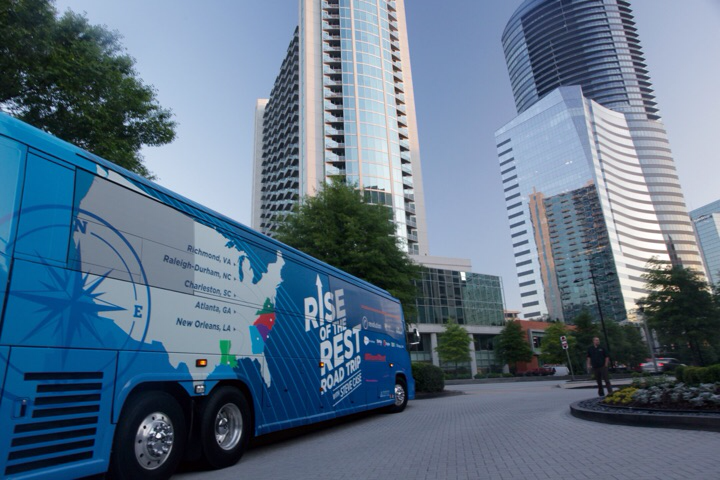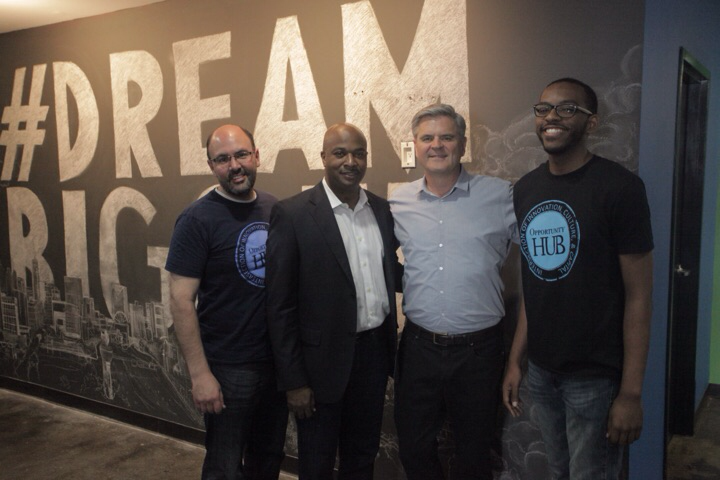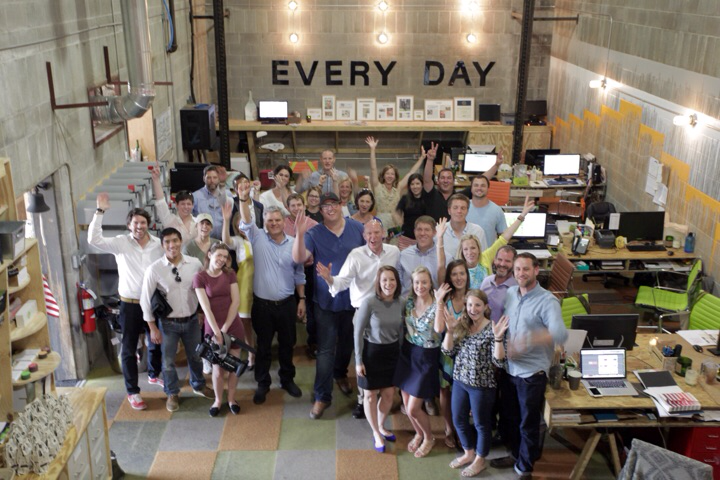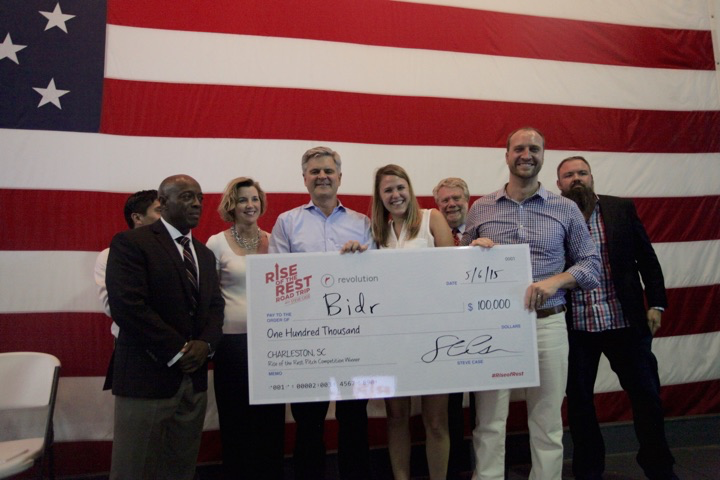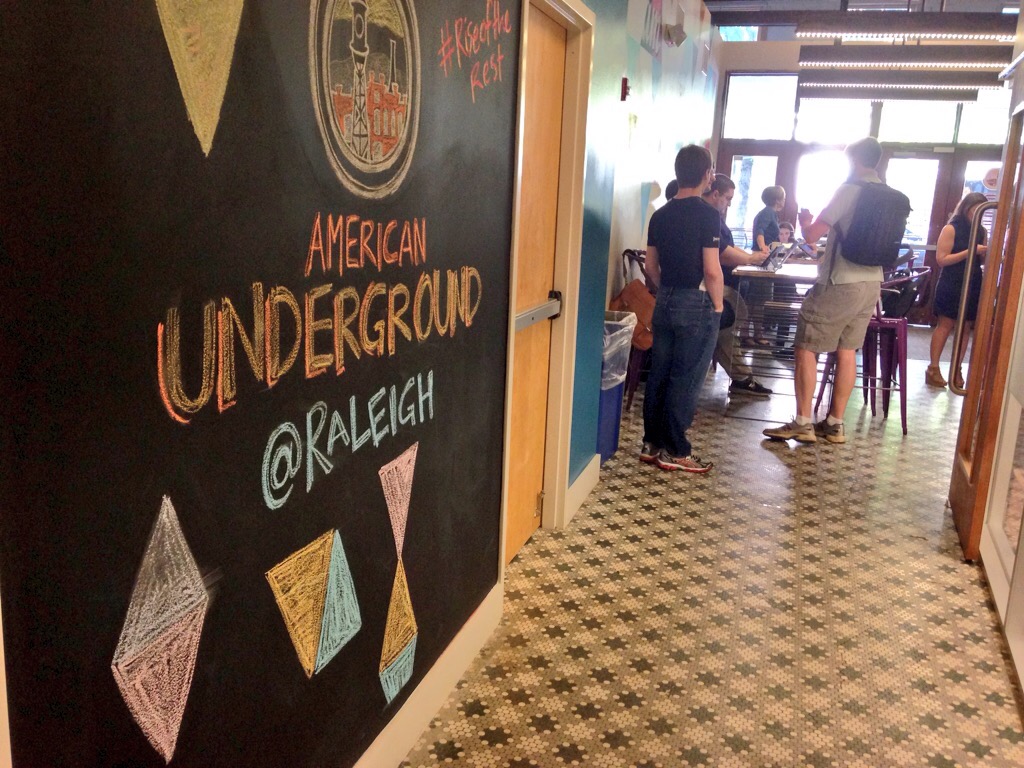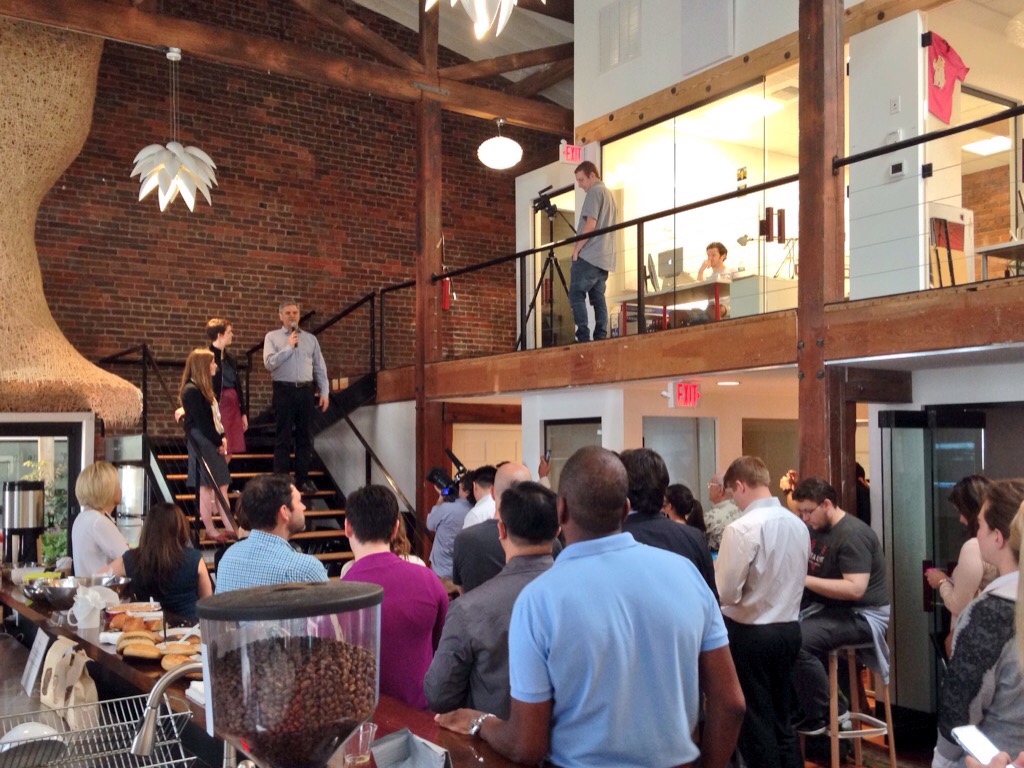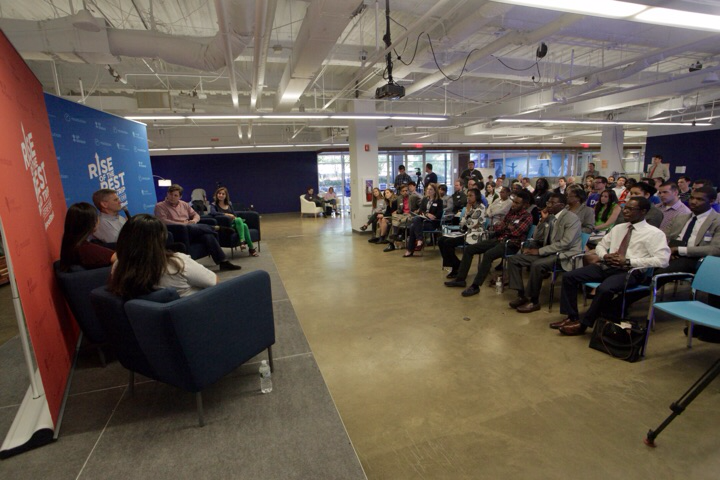Our weekly take on some of the biggest stories in startup and tech policy.
Judicial Redress Act Heads to Senate. On Tuesday, the House passed the Judicial Redress Act, which would extend rights to judicial redress to citizens of the EU and other designated countries. The bill has broad support within the tech community, where it is seen as both a sensible next step in surveillance reform and essential to advancing an updated safe harbor agreement between the U.S. and the EU. The bill was slated for Senate consideration as an amendment to the Cyber Information Sharing Act (CISA), but was pulled on Thursday for procedural reasons. The bill’s sponsors are working with Senate leadership to schedule a vote and we will continue to track. Meanwhile, the White House chose to endorse CISA, but also criticized it for allowing companies to share data with any agency, rather than having a centralized clearinghouse.
A National Drone Registry: Recreational drone users will soon be required to register their unmanned aircrafts, federal agencies announced this week. The decision comes amidst national airspace safety concerns from the Federal Aviation Administration and the Transportation Security Administration as reports from piloted aircrafts of drone sightings of or close calls with rogue drones have mounted in the past year. The details of the registration system are still being worked out and the FAA is currently seeking input from the public. Hobbyists and drone users can submit their comments here until November 20.
Bitcoin Teams up with the Feds. A new technology-government alliance is bringing together Bitcoin experts and advocates with government officials. The Block Chain Alliance was established to help federal authorities better understand the complexities of bitcoin transactions, and to change the perception of bitcoin as a "currency for criminals". The alliance will also offer digital currency companies an opportunity to demonstrate power and potential of these new technologies, especially for law enforcement agencies. The Justice Department and Secret Service and are already exploring how to use Bitcoin to more securely track the flow of digital currency across borders.
‘Dig Once’ Bill Introduced in House. On Thursday, Reps. Walden and Eshoo introduced the Broadband Conduit Deployment Act of 2015, which would mandate installing broadband conduit pipes during federal road construction. This would allow service providers to easily install fiber lines years down the road without having to excavate the road to re-dig a channel. The Federal Highway Administration has reported that ‘dig once’ policies like these can reduce broadband deployment costs by as much as 90%.
Code.org letter on CS education. Code.org and several major tech industry players sent a letter to the legislators leading education reform efforts this week. The letter urges lawmakers to include provisions that promote computer science education in any revision of the Elementary and Secondary Education Act (ESEA). Among their requests: maintain computer science as a “core academic subject” and retain resources that would improve teaching and learning in STEM subjects. You can read the full letter here.
Coding Behind Bars. This week Vice reported on the first and only coding bootcamp behind bars. Non-profit The Last Mile, runs Code.3730, a six-month coding course for inmates at San Quentin prison. The curriculum - Java Script, HTML, CSS, and Python - is similar to other code academies, but it’s taught on on dry-erase boards, without Internet. In January, students in the program will be eligible to get paid for entry-level front-end coding work for companies on the outside.
Data Security for Startups. As startups generate, collect, and use data at an increasing rate, state and federal regulators expect them to have security protocols in place. On Tuesday, Engine co-hosted a data security panel at the Nasdaq Entrepreneurial Center in downtown San Francisco to dig into these security issues. Read our blog post recapping the event and unpacking existing resources, including the FTC’s “Startup with Security” guide, to help startups navigate data security regulation and ensure they are adequately prepared for a breach.








